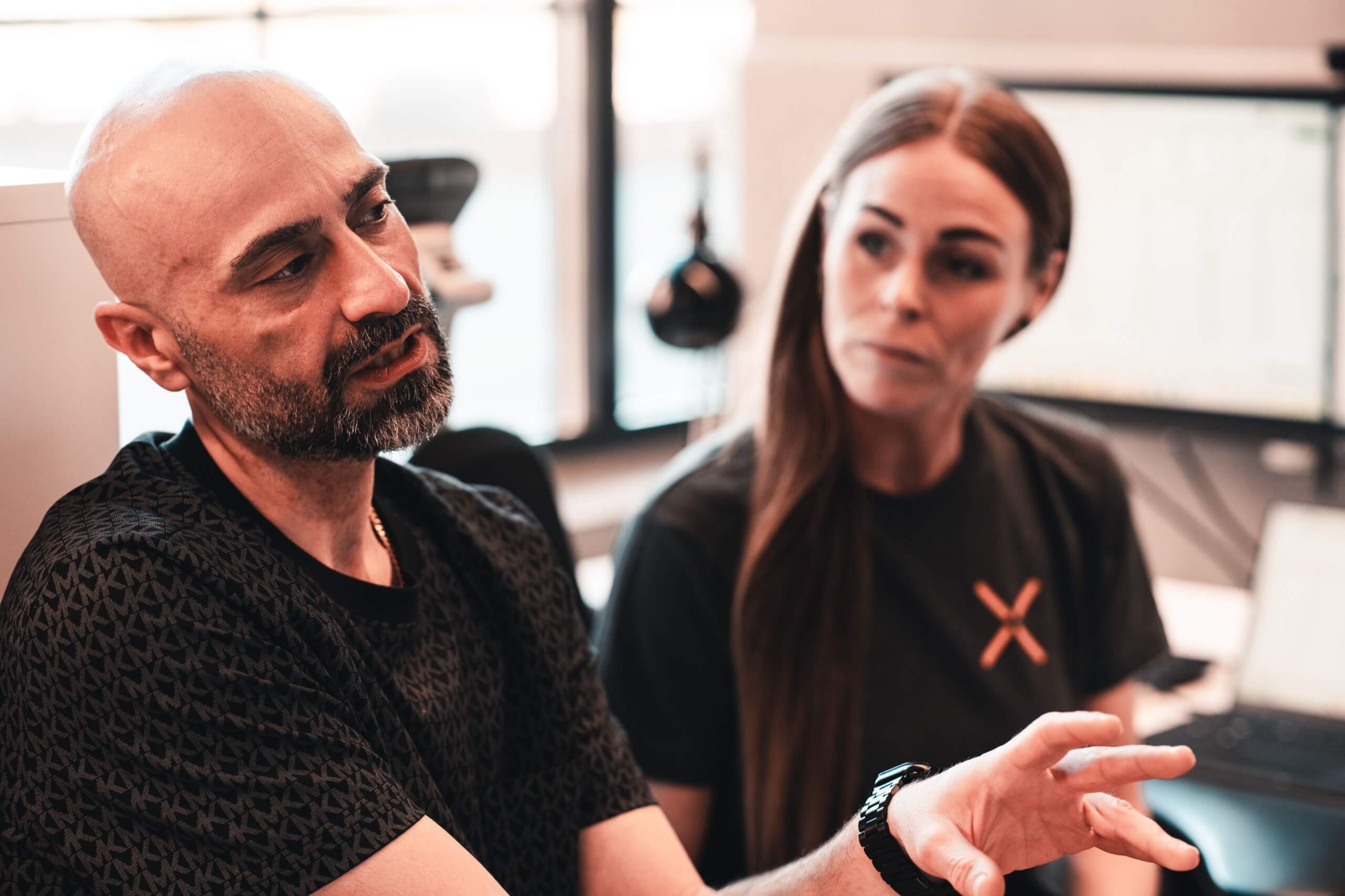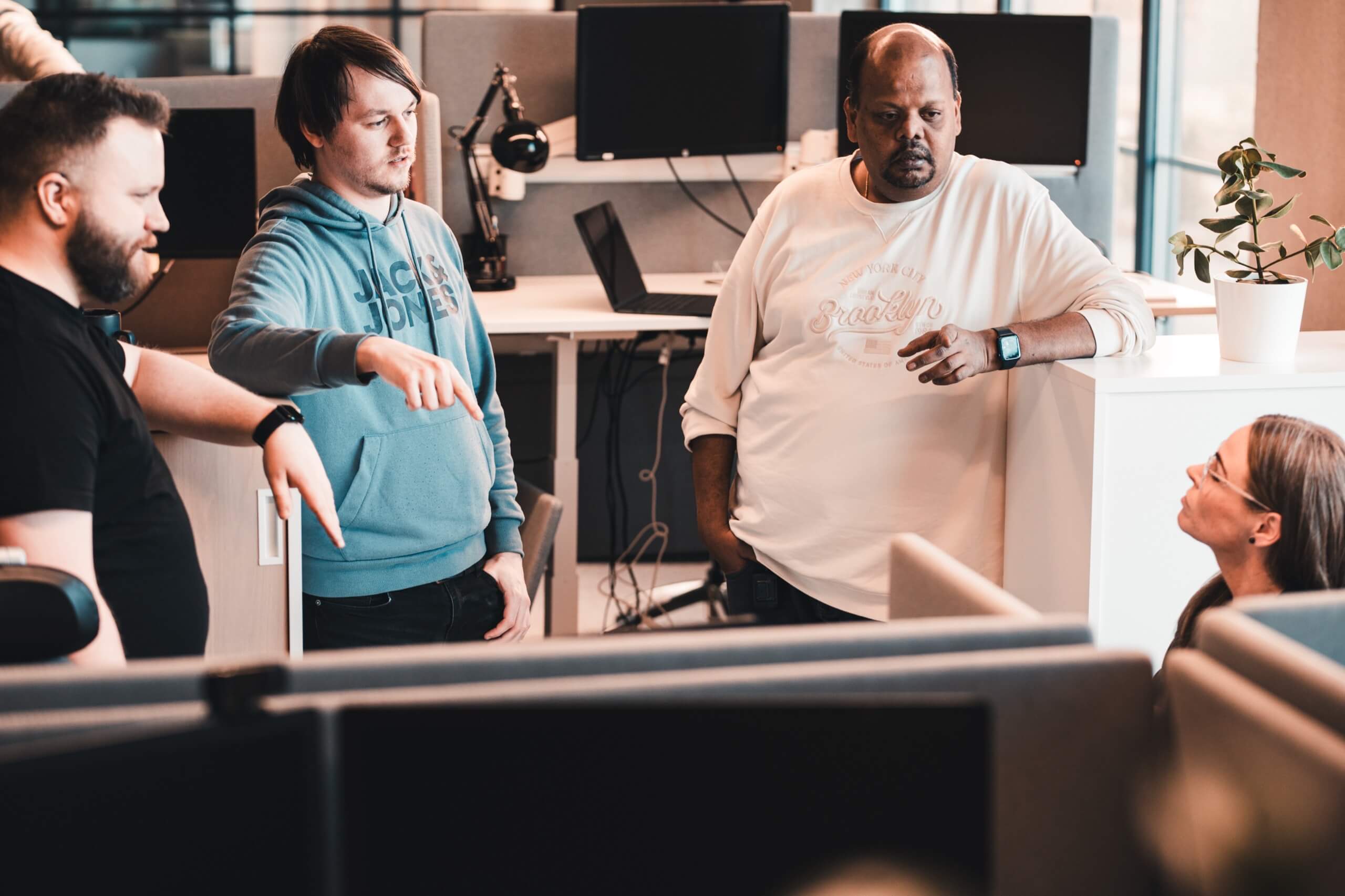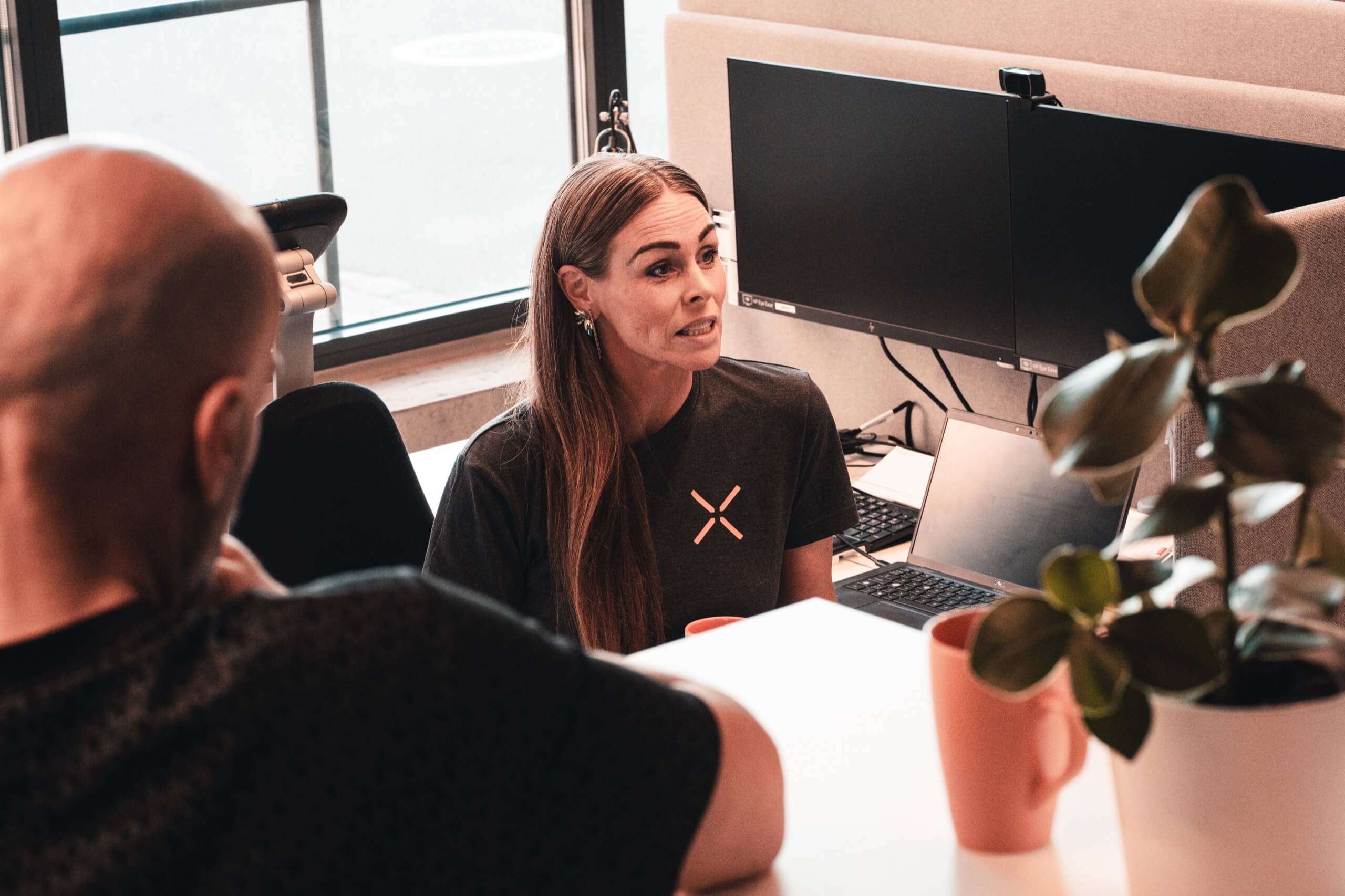What if your team woke up every day thinking, “How can I make this better?”
Improvement isn’t about following rules, it’s about attitude. At FIXATE, we believe that real improvement starts with caring about the user and making things better for them, step by step.
1. Start with People, Not Processes
Continuous Improvement begins with having the right people – those who don’t settle for “good enough” and who naturally strive for better. They don’t need to be pushed to improve; they do it because they care about the outcome. It’s not about enforcing change, it’s about ownership. When people take responsibility for making things better, they drive improvement.
2. Create a Safe Space for Growth
People don’t grow in environments of fear. Criticism stifles improvement. Instead, create a space where people feel comfortable discussing what isn’t working, without fear of blame. This opens the door to real conversations about what needs to change and allows your team to make those changes naturally.
3. Measure What Matters, The User Experience
Your internal processes matter, but they aren’t the most important thing. What really counts is what your team delivers to the user. The user experience is where you should focus your measurements. If you’re making the user’s life better, everything else will fall into place.
4. It’s a Marathon, Not a Sprint
Improvement doesn’t happen overnight. It’s built through small, consistent steps. At Fixate, we don’t push our team to constantly sprint towards improvement, we trust that with the right attitude, the drive to improve comes naturally. It’s about creating the space for people to get better at their own pace, without burning out.
Final thought
So, is your team just getting by, or are they truly invested in making things better for the people they serve?
Improvement isn’t just about processes, it’s about attitude. With the right people who care about making things better, you create a natural drive for progress. Focus on building a safe space for open discussions, measure success by the user experience, and take small, steady steps forward. True improvement happens when your team owns it and works towards helping people, not just ticking boxes.
About the Author
I started turning spanners at sixteen and went on to lead global support for some of the world’s most demanding industries. I’ve built a reputation for challenging the traditional ways of doing things, and pushing the limits of what’s possible.
From transforming operations at Volvo to building human-centred support models at Sigma Technology and now FIXATE, I lead with clarity, care, and courage. I see the big picture, sweat the details, and always try to do what’s right, even when it’s hard.
If something’s worth doing, I want to do it properly. And I’m probably already thinking about how to make it better.
Read more from the author










